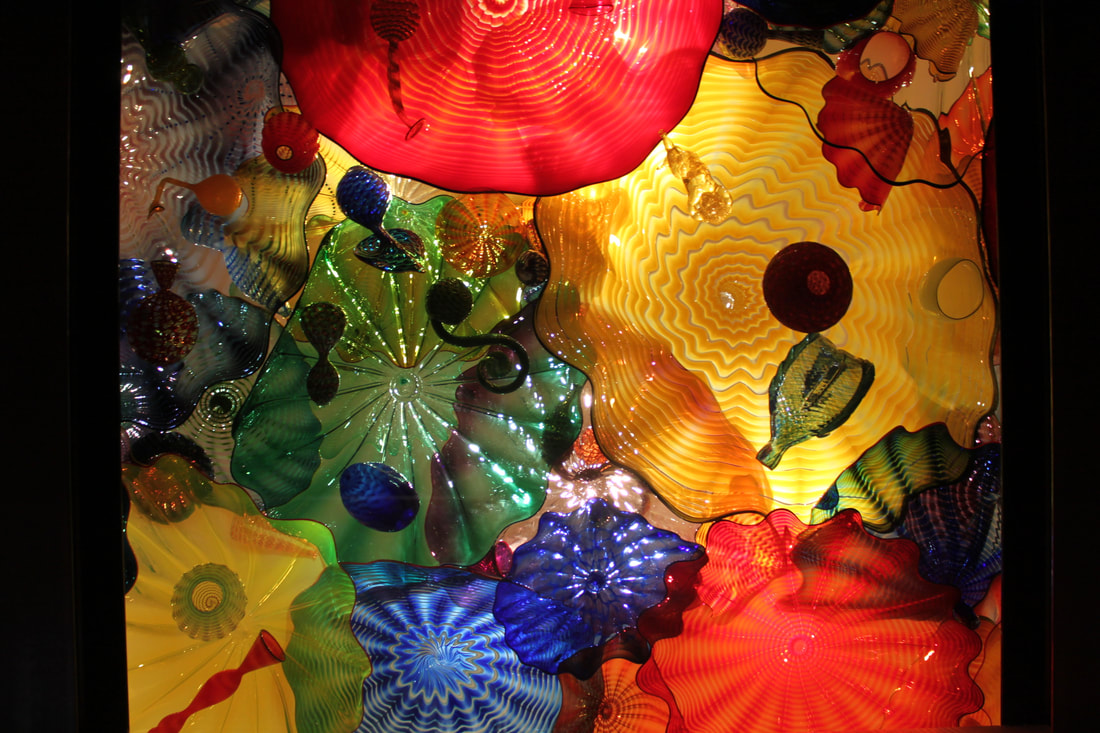 Yesterday, the Supreme Court unanimously held that an inventor’s sale of an invention to a third party who is required to keep the invention confidential may place that invention “on sale” under U.S. patent law, thus precluding patent protection of that invention. Helsinn HealthCare S.A. v. Teva Pharmaceuticals USA, Inc., 568 U.S. (2019). The case involved Helsinn Healthcare S.A., a Swiss pharmaceutical company that produces Aloxi, a drug that treats chemotherapy-induced nausea and vomiting. Helsinn entered into two agreements with MGI Pharma, Inc., a Minnesota pharmaceutical company that markets and distributes drugs in the U.S. The two agreements, executed in April 2001, included a license agreement and a supply and purchase agreement. Both agreements required MGI to keep confidential any proprietary information received under the agreements. Of note, the existence of the agreements was publicly disclosed, both through press releases and in SEC filings. However, the specific dosage formulations covered by the agreements was not publicly disclosed. Nearly two years after signing these agreements with MGI, Helsinn filed a provisional patent application covering the active ingredient in Aloxi. Helsinn subsequently filed other patent applications that claimed priority to the 2003 provisional. The case turned on the question of whether, under the Leahy-Smith America Invents Act (AIA), an inventor’s sale of an invention to a third party who is obligated to keep the invention confidential qualifies as prior art for purposes of determining patentability of the invention. The Supreme Court unequivocally answered “yes.” The text of the opinion is relatively short. In authoring the opinion, Justice Thomas first noted that every patent statute since 1836 has included an on-sale bar. Justice Thomas then turned to Supreme Court precedent and acknowledged the specific issue had not been addressed: “Although this Court has never addressed the precise question presented in this case, our precedents suggest that a sale or offer of sale need not make an invention available to the public.” Justice Thomas looked to Federal Circuit precedent as explicitly recognizing this implicit thread running through Supreme Court jurisprudence: "The Federal Circuit – which has ‘exclusive jurisdiction’ over patent appeals … has made explicit what was implicit in our precedents. It has long held that ‘secret sales’ can invalidate a patent.” Interestingly, the two Federal Circuit cases cited here go further than the Helsinn fact pattern, in that they involve sales that were kept completely secret. After reviewing statutory language and case law, Justice Thomas concluded that Congress did not alter the meaning of “on sale” when it enacted the AIA. Thus, in the Court’s view, this decision is merely following the law as it stands. Pharmaceutical and biotech companies often face this scenario, where they seek business partnerships to formulate, run clinical trials, and/or produce their products. In light of this decision, it remains critically important that patent applications be filed before such license and/or supply purchase agreements are executed.
0 Comments
Your comment will be posted after it is approved.
Leave a Reply. |
AuthorKarrie Weaver practices intellectual property, trademark, patent, and trade secret law. Archives
February 2021
Categories |
612.386.0565
Copyright 2021. Weaver Legal and Consulting LLC. | All rights reserved.
Website by RyTech, LLC
Copyright 2021. Weaver Legal and Consulting LLC. | All rights reserved.
Website by RyTech, LLC

 RSS Feed
RSS Feed